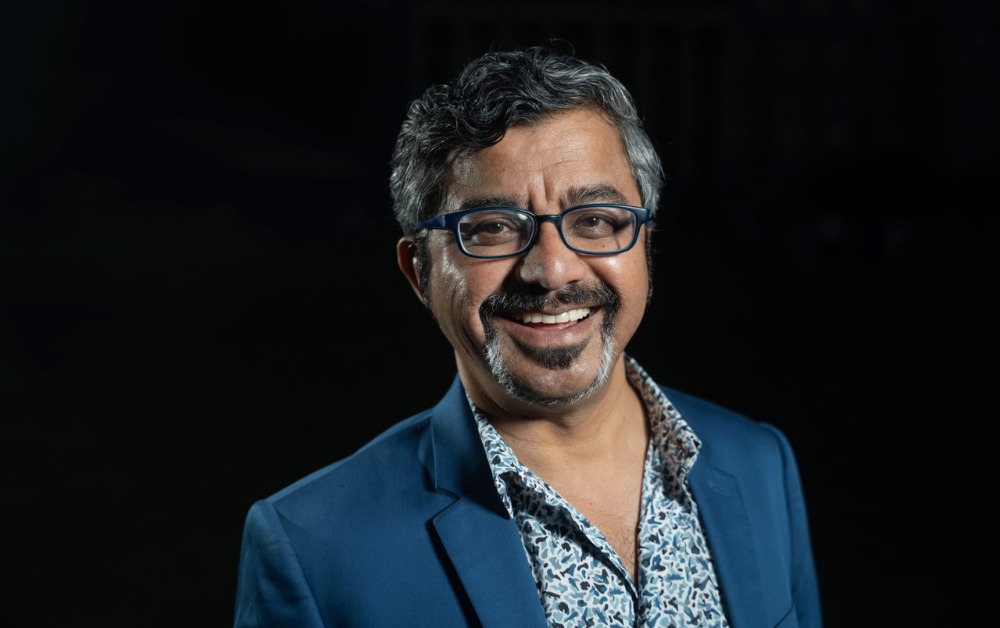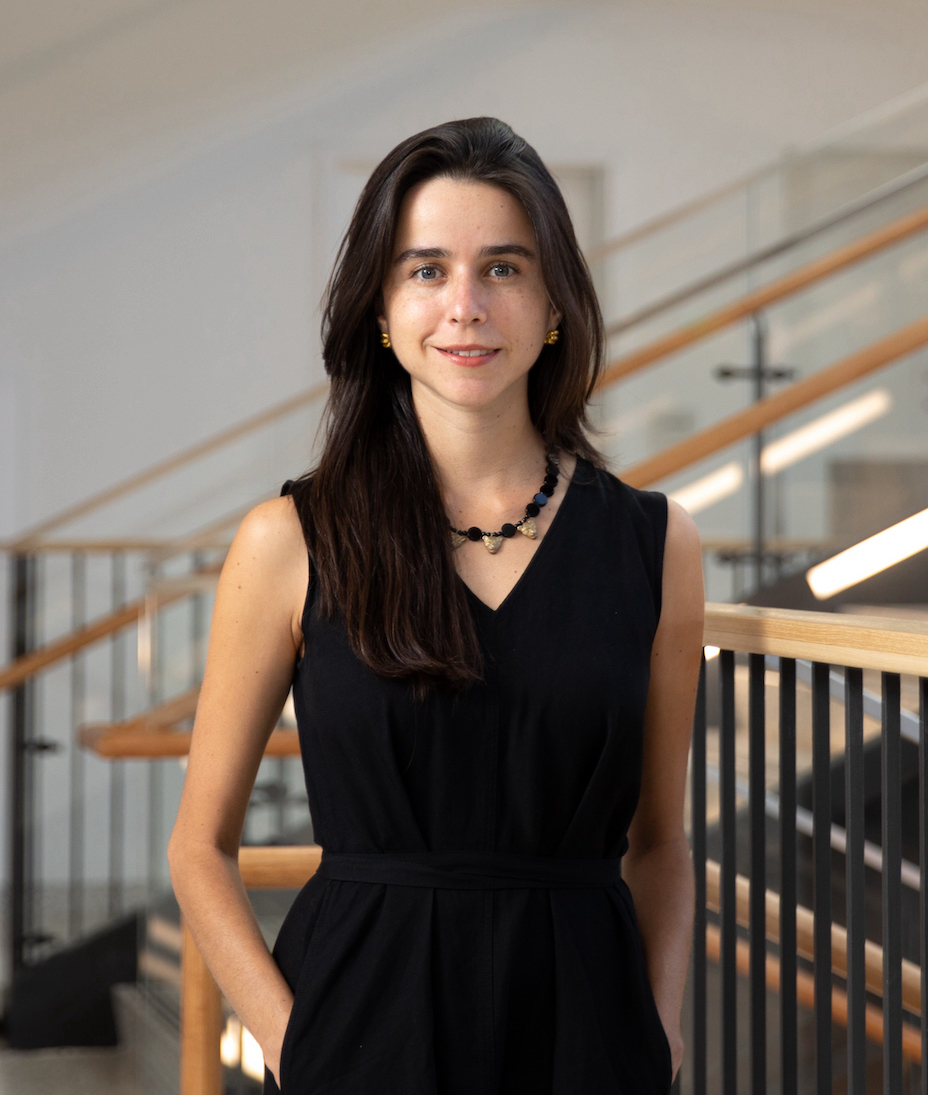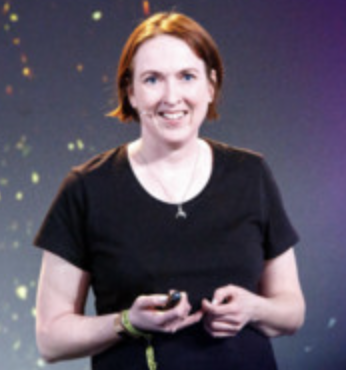There will be a plenary session on the Trustworthy Autonomous Systems Hub and it’s legacy, and one from Good Systems researcher Maria De-Arteaga on “The limits of Automation”. We are also delighted to announce that S. Shyam Sundar from Penn State University is a TAS ‘24 symposium keynote speaker.
S. Shyam Sundar — Penn State University
S. Shyam Sundar (PhD, Stanford University) is Evan Pugh University Professor and James P. Jimirro Professor of Media Effects, co-director of the Media Effects Research Laboratory, and Director of the Center for Socially Responsible Artificial Intelligence at Penn State University. Prof. Sundar is a theorist as well as an experimentalist. His theoretical contributions include several original models on the social and psychological consequences of communication technology such as Modality-Agency-Interactivity-Navigability (MAIN) Model, and the Theory of Interactive Media Effects (TIME), along with its extension to Human-AI Interaction (HAII-TIME). His research examines social and psychological effects of interactive media, specifically the role played by technological affordances in shaping user experience of mediated communications. Current research pertains to psychological effects of Human-AI interaction in media contexts, ranging from personalization and recommendation to fake news and content moderation. His research portfolio includes extensive examination of user responses to online sources, including machine sources such as chatbots and smart speakers. His research is supported by National Science Foundation (NSF) and National Institutes of Health (NIH), among others. He is editor of the first-ever Handbook of the Psychology of Communication Technology (Blackwell Wiley, 2015). He served as editor-in-chief of the Journal of Computer-Mediated Communication, 2013-2017.

Maria De-Arteaga — The University of Texas at Austin
Maria De-Arteaga is an Assistant Professor at the Information, Risk and Operation Management (IROM) Department at the University of Texas at Austin, where she is also a core faculty member in the Machine Learning Laboratory and an affiliated faculty of Good Systems. She holds a joint PhD in Machine Learning and Public Policy and a M.Sc. in Machine Learning, both from Carnegie Mellon University, and a. B.Sc. in Mathematics from Universidad Nacional de Colombia. Her research focuses on the risks and opportunities of using AI to support experts’ decisions in high-stakes settings, with a particular interest in algorithmic fairness and human-AI collaboration. As part of her work, she characterizes risks of bias and erosion of decision quality when relying on AI, and develops algorithms and sociotechnical systems to enable responsible human-AI complementarity. She currently serves in the Executive Committee of the ACM FAccT Conference.

Kate Devlin — King’s College London
Dr. Kate Devlin is a Reader in Artificial Intelligence & Society in the Department of Digital Humanities, King's College London. With an undergraduate degree in archaeology (Queens University Belfast) and an MSc (Queens University Belfast) and PhD (University of Bristol) in computer science, her research investigates how people interact with and react to technologies, both past and future. Kate is the author of the critically-acclaimed book Turned On: Science, Sex and Robots (Bloomsbury, 2018), which examines the ethical and social implications of technology and intimacy.

